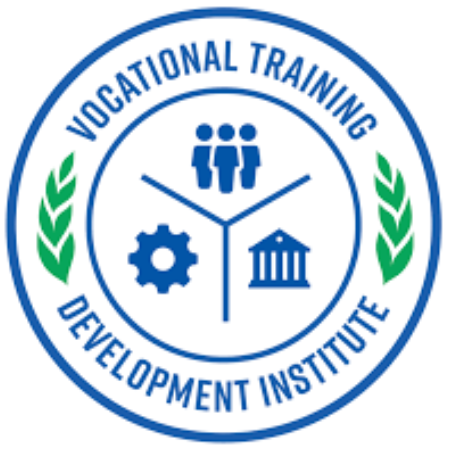Bachelor of Science in Information and Communication Technology (Advanced Placement)
Programme Overview
The 4-year Bachelors degree programme, in years three (3) and four (4), goes on to offer three distinct areas of specialization, namely, Networking and Cyber Security, Mobile and Digital Media Development (gaming), and Software Engineering (computer programming). Students have the opportunity to major in one or two of these areas of specialization during their course of study.
Minimum Entry Requirements
Applicants for the ASc and BSc Degrees in ICT are required to have a minimum of five (5) CSEC or GCE O’Level subjects inclusive of Mathematics and English Language, or the equivalent.
Or
NVQJ Level 2 in relevant skill area and four (4) CXC/CSEC inclusive of Mathematics and English;
Or
NVQJ Level 3 in relevant skill area and three (3) CXC/CSEC inclusive of Mathematics and English
Or
Mature/Non-traditional entry requirement:
Mature Entry – Applicants who are not eligible for admission under any of the normal entry requirements outlined above, may apply for Mature Entry provided that the applicants have demonstrated the potential for college studies by virtue of their achievements and/or relevant work experience.
To be considered for mature entry, the applicant must be at least 23 years of age, has at least three (3) years of work experience in the core area for which further training is sought, and has relevant certification in the area of interest. The applicant may be required to sit a proficiency test designed to assess his/her command of the English Language, as well as Numeracy Skills and Reasoning Ability.
Exemptions and Advanced Placement
Holders of the VTDI’s Associate Degree in ICT can articulate directly into the Bachelors Degree programme, beginning the upper level of the programme at year three.
Holders of VTDI’s Diploma in ICT can gain a significant number of credits transferred into the Bachelors degree programme.
Holders of a Diploma or an Associate Degree in ICT that is approved/accredited by a recognized accreditation body, can gain a significant number of credits transferred into the Bachelors degree programme.
Program Learning Outcomes
- Demonstrate the competencies required to function effectively as ICT professionals.
- Communicate clearly to stakeholders using a variety of methods and approaches.
- Adapt new technologies and methods to create solutions.
- Apply research and evaluation skills to advance technological innovation and improvements.
- Develop ICT products to advance technological innovation and improvements.
- Exhibit high standards of professional and ethical responsibility.
- Apply good analytical, design, and implementation skills required to formulate and solve technology based problems.
- Analyse various implementation approaches to distributed domains.
- Design cloud based services that fulfill the requirements of distributed virtualization.
Possible Jobs Upon Completion
A graduate of the BSc ICT is eligible for employment as any of the following:
- Network Administrator
- Programmer
- Systems Analyst
- Database Administrator
- Network Engineer
- Network Security personnel
- Animator
- Digital Artist
- Short film production editor
- Mobile Application Developer
- Game Developer
